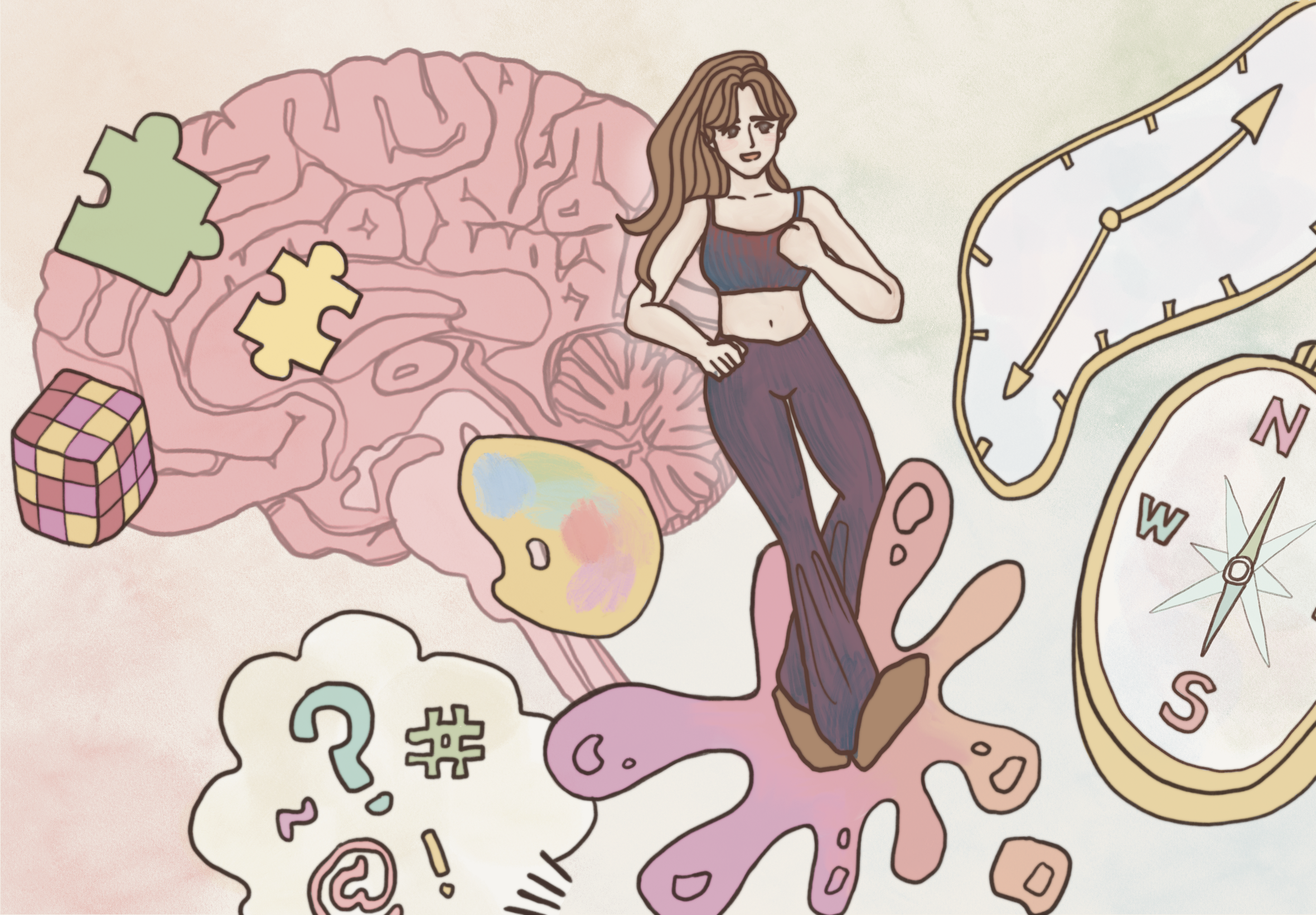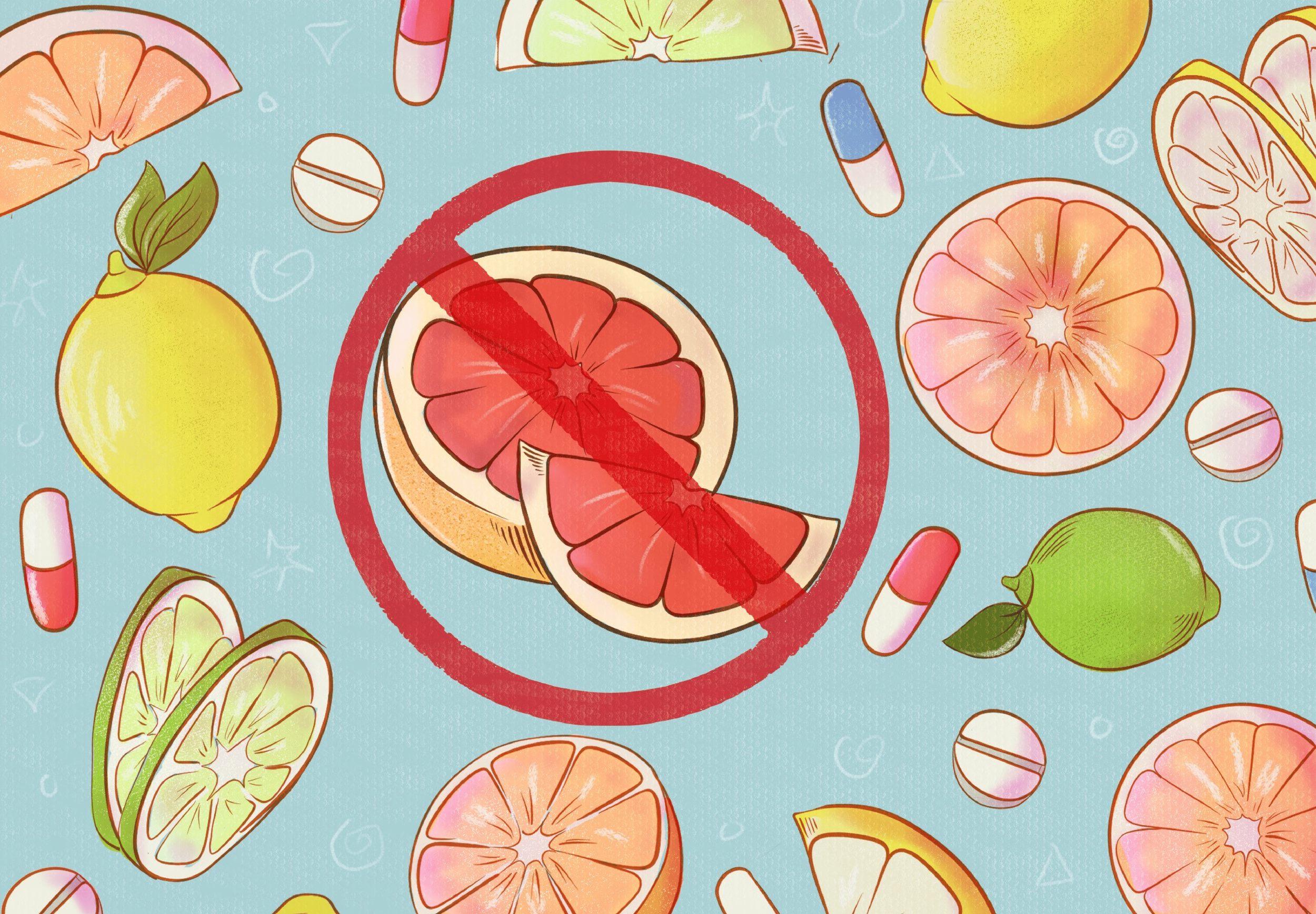Volume VI Interdisciplinary Sciences
The Science Behind Being 'Locked In'
Examining the psychological and neurological phenomena taking place when someone says they are "locked in".
Written by: YJ Si & Mariano Frare | Edited by: Morgan Nguyen | Graphic Design by: Gina Phu
"Locked in" is a now ubiquitous phrase used to describe intense focus. To "lock in," as slang, is to focus on whatever task is at hand, whether it's cramming for an exam, or finishing an assignment, for a prolonged and uninterrupted attention span. This reflects the mental state of being in a state of "flow."
From IQ tests to Multiple Intelligences Theory, modern psychology has many answers for you.
Written by: Andre Hsieh | Edited by: Keilani Kozen | Graphic Design by: Cadence Liang
Have you ever taken an IQ test and wondered what the results mean? Many people seem to hold IQ in high regard, making it fundamental to their self-image and using their score to determine their place in society. However, as suggested by recent studies, IQ may not mean much at all.
On Meds but Can’t Eat Grapefruit?
Behind grapefruit’s medical warning lies a three-gene mystery–and scientists have solved it
Written by: Arjun Dharan | Edited by: Luke Chang | Graphic Design by: Andrea Torres
This discovery is significant because it gives scientists a clear target location–the exact recipe “typos”–to switch off furanocoumarin production in grapefruits using gene editing. If successful, that could mean that one day, even people on sensitive medications can safely enjoy grapefruit again—no warning labels needed!
How a generation raised in the safety of vaccines is beginning to doubt them
Written by: Nifemi Akinwande | Edited by: Krishna Srikanth | Photo by: Kaboompics.com
Imagine living in a world where chicken pox and measles devastated communities, parents kept their children isolated out of fear of polio, and societies were paralyzed by fear and uncontrollable outbreaks. A recent trend on TikTok did just this, utilizing AI to simulate life during periods without vaccines, sparking significant discourse about what the world would look like today without them. Surprisingly, we’re not so far away from that reality.




